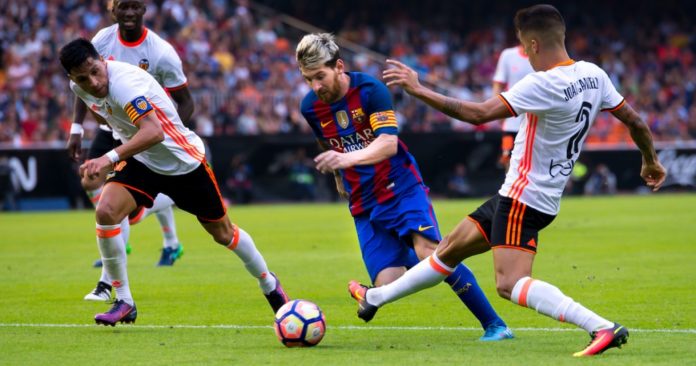Football violence, a term normally involves destructive behavior perpetrated by spectators at football events. It involves conflicts between football firms formed for the reason of supporting other teams. However, the violence often linked to a behavior called hooliganism.
According to scientists at Oxford University, understanding the cause of football violence could help in dealing with the violence itself. It may also guide for something more positive.
Scientists examined the theory of identity fusion, an extreme form of social bonding and discovered fan violence in other countries like UK, Brazil, Australia, and Indonesia.
Their aim actually is to understand the motivation behind football violence in British and Brazilian fan culture. Knowing it allows them to address and potentially channel the issue into pro-social activity.
Lead author Dr. Martha Newson, said, “Football fandom is in many ways a positive thing. It can trigger impressive displays of commitment, like attending every match come rain or shine, or setting up food banks for the community during the recession.”
“Even though you are not literally brothers, you share a sense of kinship based on going through life-changing ordeals together. This produces a shared passion for the cause or, in football terms, the club. The feeling is that you are looking after your kin and protecting your family. We believe it’s possible to harness these motivations in ways that could lead to positive outcomes.”
If identifying the hooliganism in UK and Brazil, scientists found the cultural differences that underpin the violence. The activities are underpinned by shared experiences that created a brother in arms mentality.
The basic critique additionally discovers clear connections between the psychology underlying football violence and other extremist activity. It involves terms such as gang culture and terrorism, which is often rooted in a similar feeling of ‘brotherhood’. Such kind of fellowship behavior could potentially be tackled in the same way.
Scientists conducted experiments on fan sites and football grounds during the Brazilian World Cup. They made fieldwork observations at Millwall’s ‘The Den’ and Wolverhampton Football Club.
Dr. Newson said, “Our studies show that many extreme group behaviors are fuelled by the same motivations, but football bonding offered us a relatively safe space to start. The more we understand how the behavior works, and what motivates it, the more likely our chances are of reducing it.”
“It may even harness its potential to produce more positive outcomes. Tackling one form of extreme group violence will give us the confidence and tools to apply the learnings to other areas such as fundamentalists and radicals’.”
